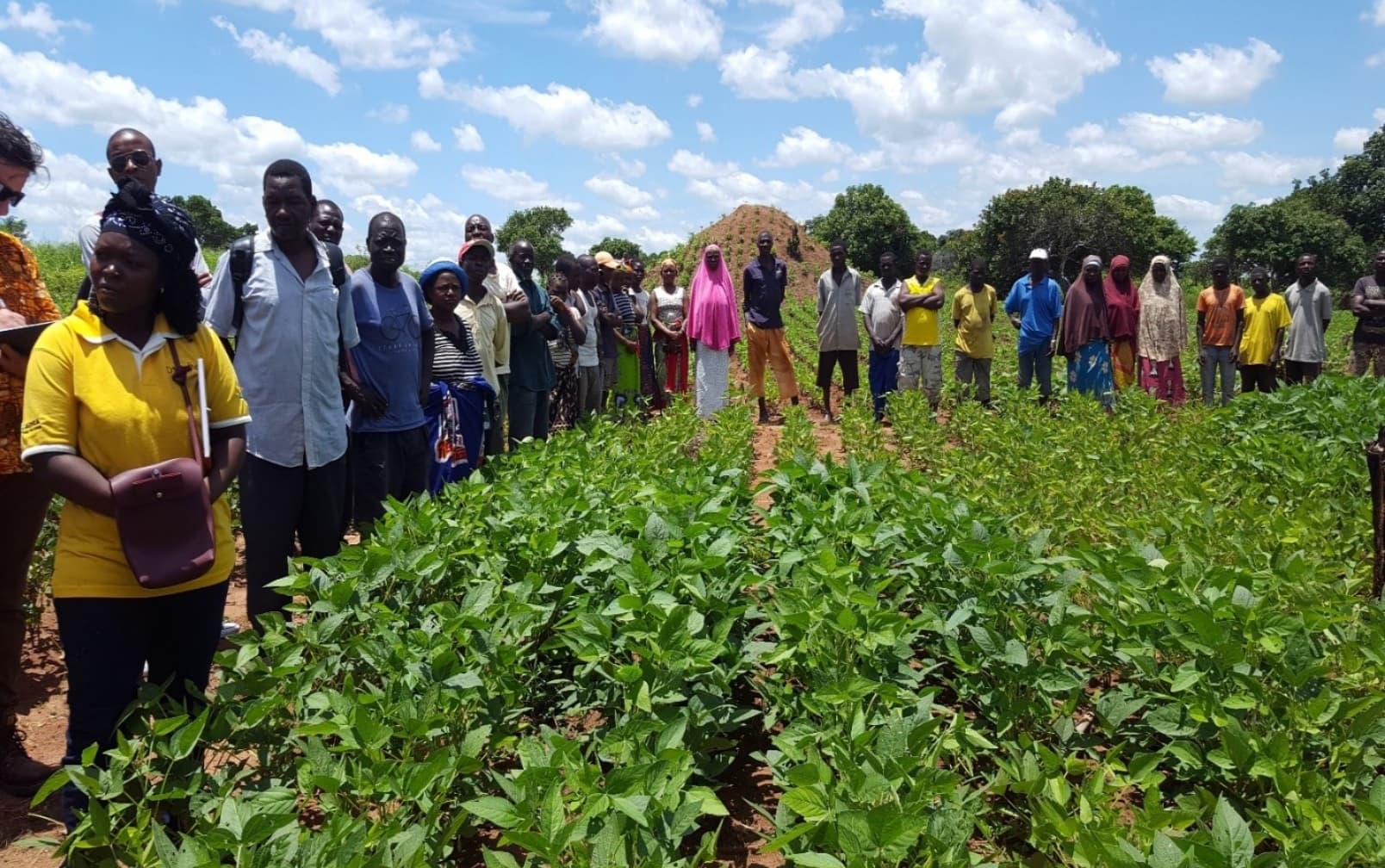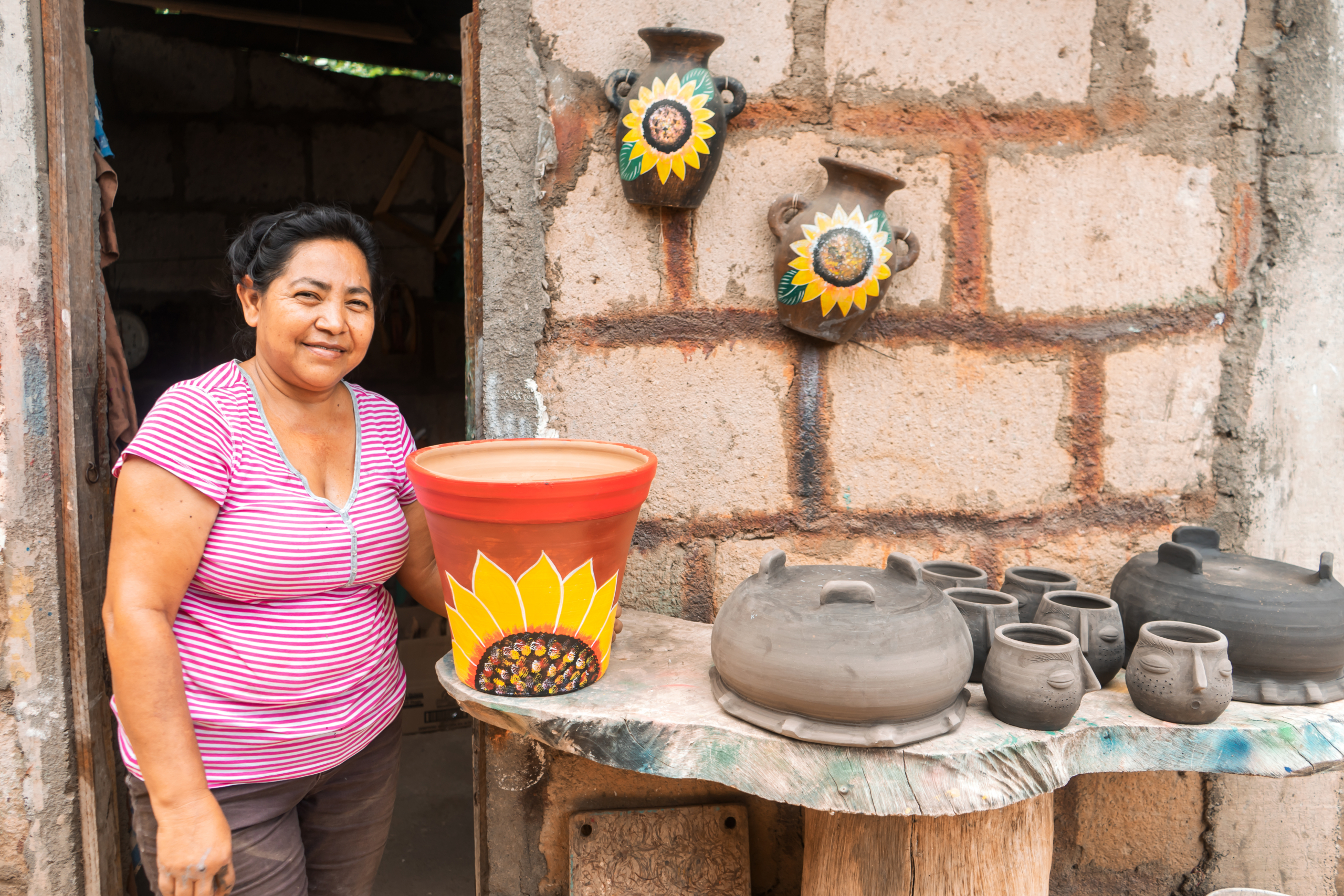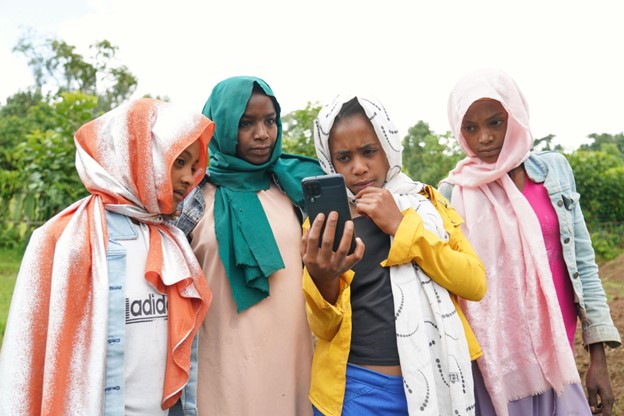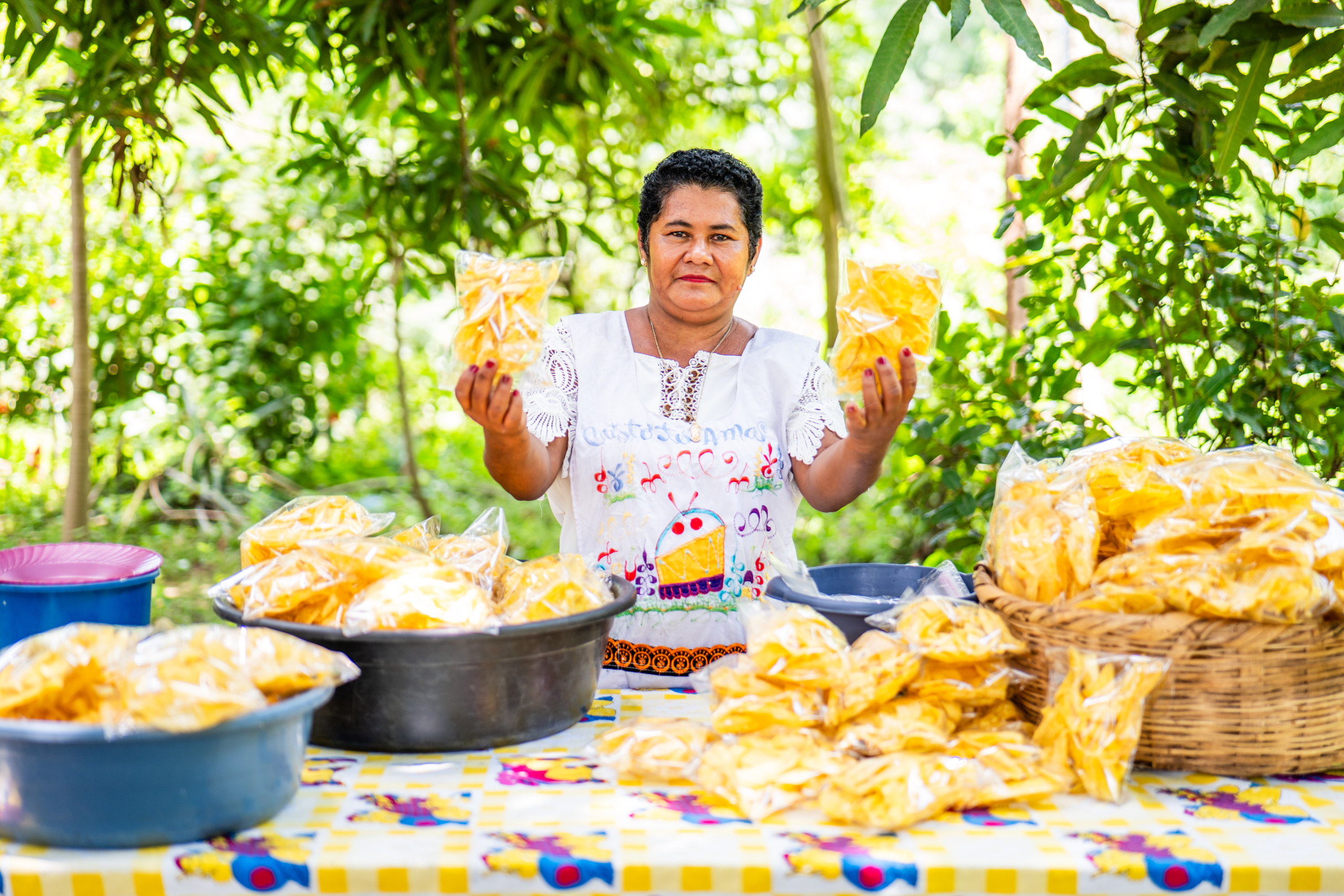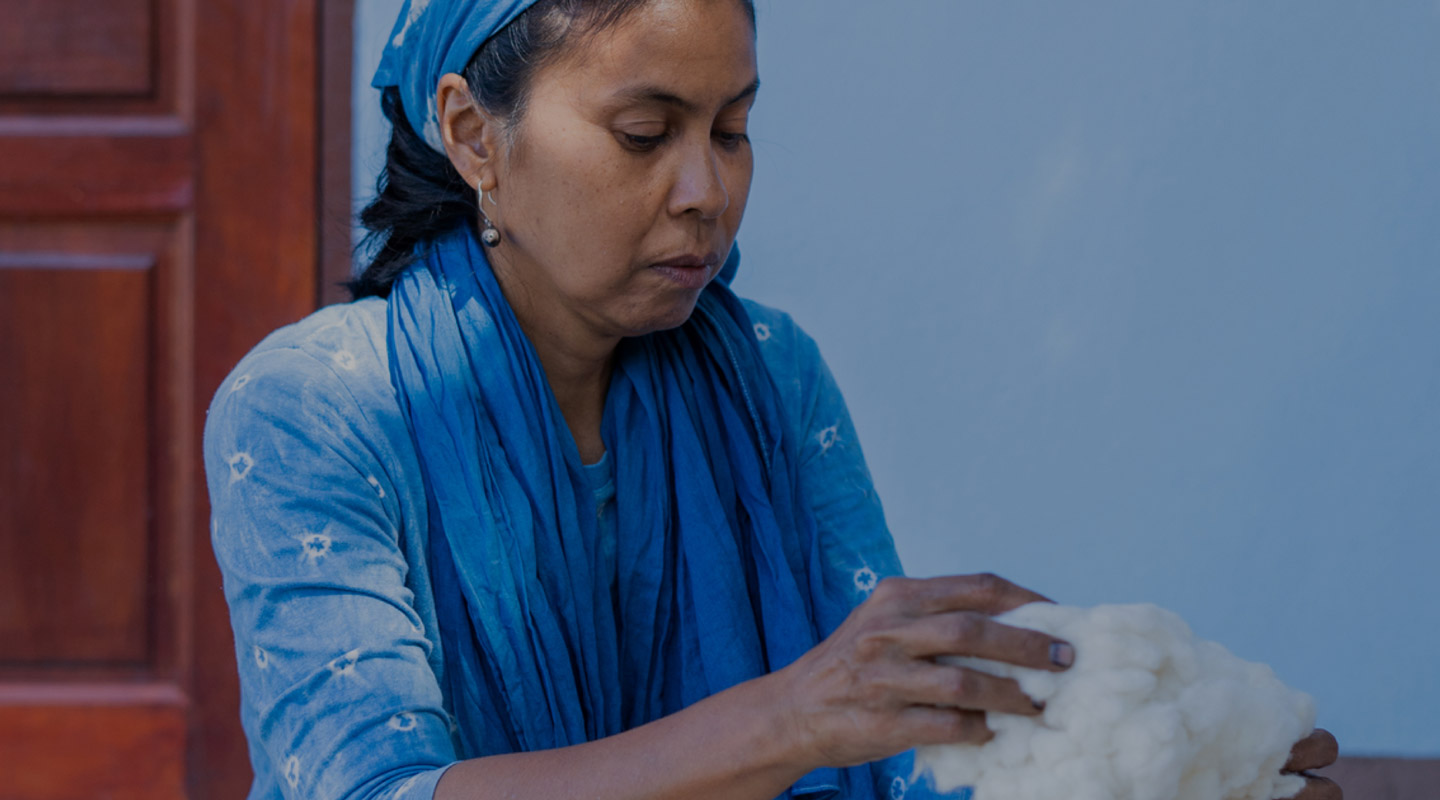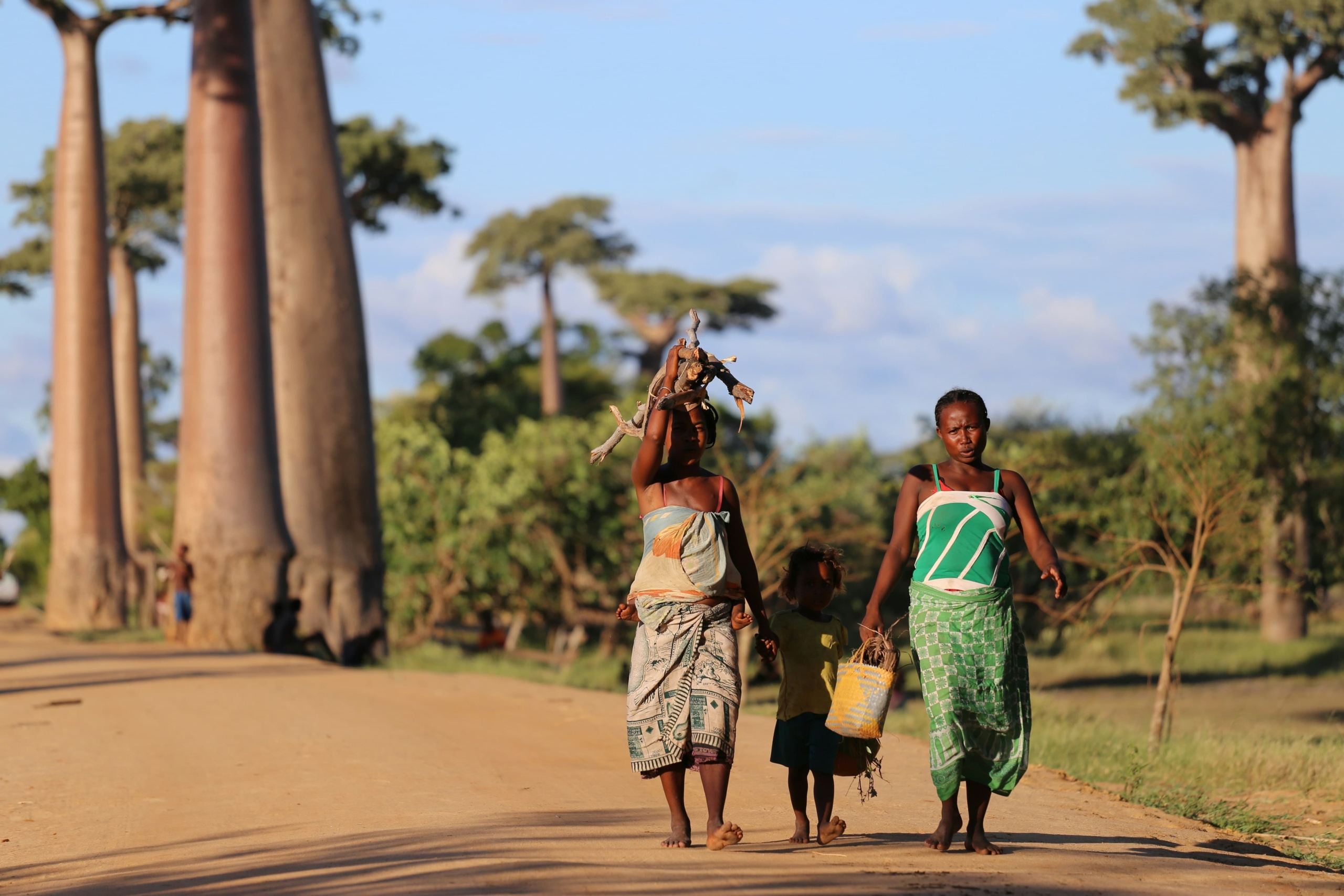
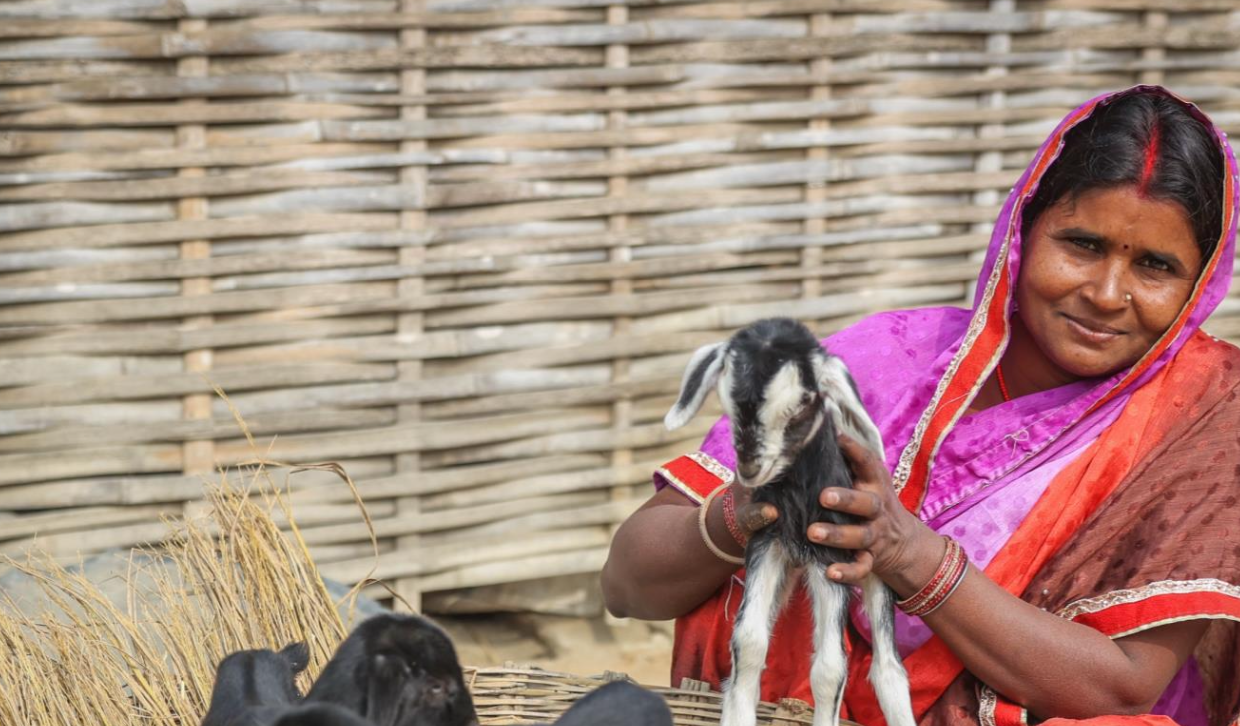
Project Mesha: Transforming the Lives of Rural Women through Improved Livestock Management
What is Project Mesha?
Women in rural India often face significant barriers to economic independence and social empowerment. Addressing these challenges is not only a matter of equity but also a crucial step toward sustainable development and lifting some of the world’s poorest out of poverty.
Project Mesha, implemented by the Aga Khan Foundation, seeks to transform the role of rural women in local economies by empowering them as key drivers of agricultural development in Bihar, India. The program focusses on training female goat rearers as community-based paravets, known as Pashu Sakhis (friends of the animal), enabling them to take on leadership roles in providing livestock extension and preventive health services for goat flocks. The benefits of this powerful initiative extend to Pashu Sakhis’ overall quality of life by fostering financial independence and significantly improving their livelihoods.
60 Decibels and Project Mesha
Since 2018, Project Mesha has partnered with 60 Decibels to track and measure its social impact as the program matured. To date, we have successfully listened to over 3,000 Pashu Sakhis and female goat rearers through annual phone-based surveys. These surveys track changes in knowledge, earnings, feelings of empowerment, and quality of life, offering valuable insights into the program’s effectiveness and areas for improvement.
Key insights and trends
Goat Rearers: progress and challenges
- Way of Rearing Goats and Earnings: Three in four goat rearers report improvements in their goat rearing methods. The impact on earnings has significantly risen over time, with 53% of goat rearers reporting increased income in 2023-24, up from 43% in 2022 and 24% in 2021. This highlights the growing effectiveness of Pashu Sakhis’ support in community livestock management.
- Quality of Life: Three in five goat rearers have consistently reported improvements in their quality of life year-on-year. Top improvements include increased income, and relatedly an improved ability to financially support their family with household expenses and children’s education.
- Service Usage and Impact: Goat rearers who accessed a broader range of Pashu Sakhi services—specifically four or more—reported significantly better outcomes. These included improved goat-rearing practices, enhanced goat health, higher earnings, greater confidence to make a profit from goat sale, and a better quality of life compared to those using fewer services. This highlights the importance of encouraging goat rearers to engage as much as possible with Pashu Sakhi services to unlock deeper impact.
- Challenges: A quarter of the goat rearers continue to report challenges since 2022. The top issues are related to the engagement between goat rearers and Pashu Sakhis, such as irregular visits by the Sakhis, inadequate services provided by Pashu Sakhis, and goat rearers’ expectations for free services. Facilitating better engagement between both groups is key to addressing challenges and maintaining the programme’s effectiveness.
“My life has changed a lot. Earlier, I did not have milk to even make tea. Now, milk is always available at my house, so everyone consumes it daily. I sell goats and fulfill all of my family’s needs.”
Female Goat Rearer, 24
Pashu Sakhis: empowerment and satisfaction
- Way of Doing Job and Confidence: The program has significantly improved how Pashu Sakhis do their everyday job. In 2022, two in five Pashu Sakhis reported improvements in how they do their job. By 2023-24, nearly all Pashu Sakhis reported improvements, with seven in ten reporting significant improvements. Key outcomes include an improved ability to manage diseases, goat-rearing knowledge, and castration skills, all contributing to greater self-confidence.
- Development of Entrepreneurial Skills and Financial Planning Abilities: In 2023-24, nearly 9 in 10 Pashu Sakhis have plans to manage and increase their income. Tenured Pashu Sakhis (those with 2+ years of experience) are more likely to invest in business to sustainably increase their income, while newer Sakhis want to focus on providing more services. This reflects their growing financial confidence and an entrepreneurial mindset fostered by Project Mesha, one of the program’s key impact goals.
- Net Promoter Score (NPS): Pashu Sakhis’ satisfaction with the program has reached an all-time high, with an NPS of 90 in 2023-24, up from 65 in 2022. This reflects their appreciation for improved skills, financial standing, and social status.
- Challenges: The challenge rate for Pashu Sakhis has significantly dropped to 23% in 2023-24 from 72% in 2022, though issues like lack of trust and buy-in from goat rearers and requests for free services persist.
“Working as a Pashu Sakhi, my life has literally changed. With the money I get, I buy things for my house. I bought the stove and filled LPG. I also bought clothes for my children and use good fertilizer on my crops.”
Female Pashu Sakhi
Impact of 60dB data on Project Mesha
The insights emerging from the 60 Decibels studies have been instrumental in refining Project Mesha’s approach. For instance, recognizing the safety concerns reported by Pashu Sakhis in the data, the program implemented self-defense training for them. This boosted their confidence and helped them do their jobs better. Responding to some of the challenges reported by goat rearers, particularly irregular visits by Pashu Sakhis, the Project Mesha team invested significantly in community mobilization to strengthen dialogue and collaboration between goat rearers and Pashu Sakhis. This has emerged as a win-win situation for both – Pashu Sakhis have expanded their goat rearer client base thereby increasing their incomes and goat rearers are able to access more services from Pashu Sakhis.
“Lean Data Surveys allow for findings and insights to be made available quickly allowing for modifications in implementation, improving programme delivery. By hearing the voices of key stakeholders through these surveys, Project Mesha has ensured a quick response, improving programme impact and long-term sustainability.”
Tinni Sawhney, CEO, Aga Khan Foundation, India
Conclusion
Project Mesha’s collaboration with 60 Decibels has shed light on the significant strides made in empowering rural women through productivity improvements in their goat flocks, an asset perceived by women to be their own. The data underscores how gender-focused interventions can catalyze broader social and economic change. By prioritizing gender equity and responding proactively to the needs of rural women, Project Mesha is not only improving livelihoods but also advancing the larger goal of achieving social and economic equality for women in rural India. Yet, the journey towards gender equality is ongoing and the insights from this continuous assessment highlight the importance of consistent efforts for a lasting impact. Leveraging these insights, Project Mesha remains committed to refining its strategies and ensuring that its impact on the lives of rural women remains both profound and transformative.
